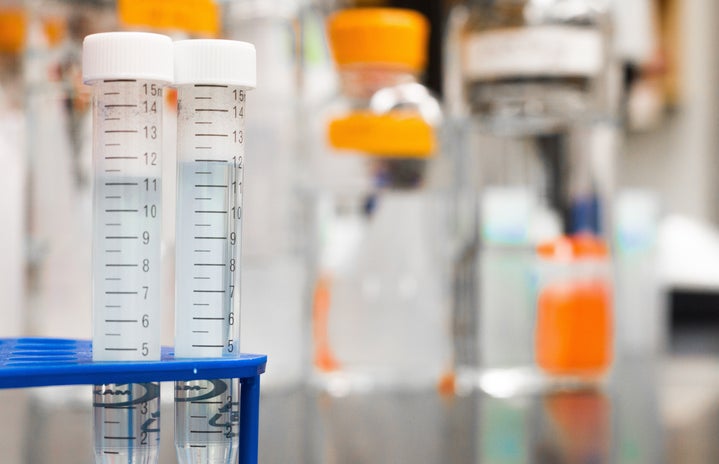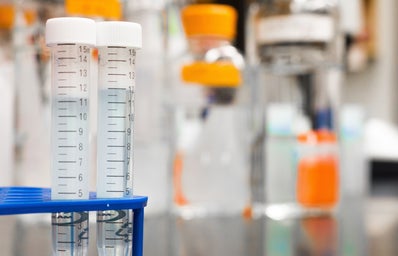Over the past couple of decades, the medical community has placed a greater emphasis on funding research to close the gap between POCs and white people in medicine and healthcare. However, this has not always been the case. The United States has, for most of its history, mistreated Black people in the medical field. This abuse started all the way from the time of slavery and continued into the 19th and 20th centuries.
For example, Black women have been used in reproductive experiments to test hysterectomies and cesarean sections against their will. The Tuskegee Study of the 1930s has also been cited as one of the biggest factors in creating mistrust among the Black community. Researchers and doctors claimed to be treating hundreds of African American men for syphilis when in reality, they were just housing them to observe how the disease progressed in humans. The patients were unaware of this and were lied to the entire time, saying that they were receiving medicine for the disease.
These injustices are just a couple of examples of the appalling past that have scarred the Black community, leaving lasting distrust and hesitancy in taking advantage of new medical breakthroughs. Now, as the COVID-19 vaccine becomes available to the general public, this issue is once again at the forefront of the racial gap in medicine.

Surveys show that the Black community has higher rates of vaccine hesitancy stemming from years of mistreatment from the medical system in the country. Because in the past new treatments and procedures were first forced onto Black people, there is a great amount of distrust that the same thing might be happening with the COVID-19 vaccine, and the medical community may be pressuring Black people to get vaccinated to serve as a “test” before white people.
What is even worse is that Black people are disproportionately affected by COVID-19, as they are three times more likely to get the virus than white people. Hesitancy to get the vaccine coupled with the rampant spread of the virus in Black communities in the first place has made for an especially dangerous situation.
Although there are now more regulations in place to protect against patient discrimination in the medical field, inherent racism still exists because of subconscious bias against POCs. The generational trauma caused by extreme abuse will continue to haunt Black communities in future crises if left unaddressed.
Anti-racism training has helped medical professionals understand how their own biases can interfere with their treatment of patients. While this training is essential to moving towards a more equitable healthcare field, it does not erase the injustices of the past that allowed for doctors to abuse the Black community in medical experiments and trials. Through targeted education campaigns and more advocacy on behalf of the Black community, we can ensure that the medical community can regain the trust of Black people and build a healthy relationship based on transparency and open communication.
Of course, none of these issues will or can be solved in just a year or even a few years. It’s going to take decades. The important thing, though, is to keep this conversation going and continue raising awareness on how past actions continue to hurt the Black community in medicine.



